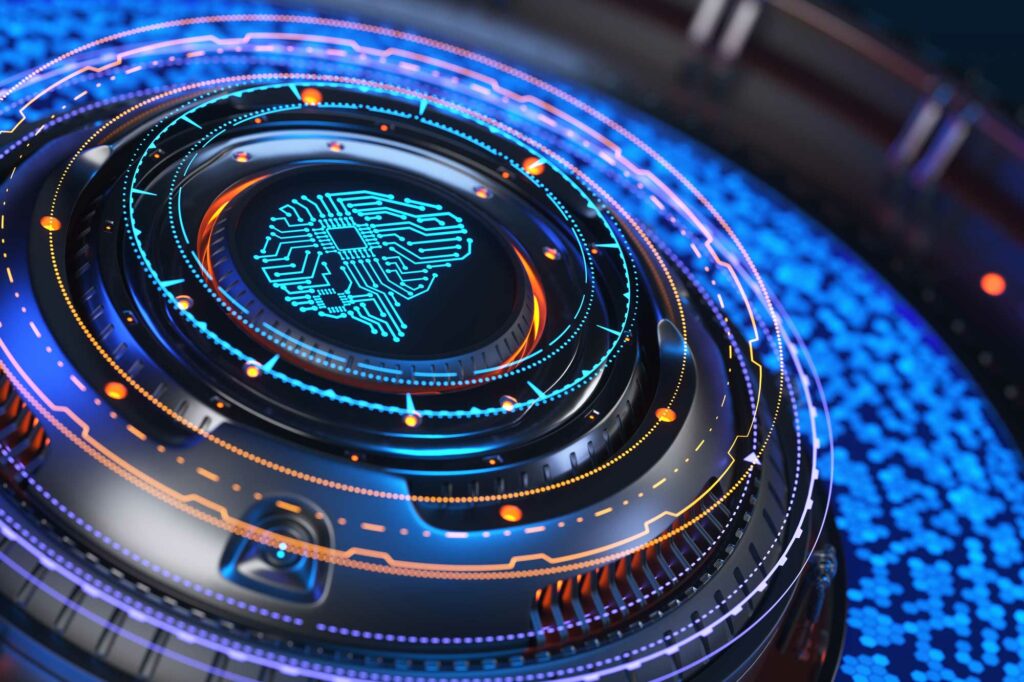Artificial intelligence (AI) is a rapidly advancing field that has the potential to revolutionize many industries. From self-driving cars to personalized healthcare, AI is being used to solve complex problems and improve our daily lives in ways we could only have imagined a few decades ago.
In this blog post, we’ll take a deep dive into the latest developments in AI and explore the potential applications of this technology. We’ll also discuss some of the ethical considerations surrounding AI and how it may impact society in the coming years.
What is Artificial Intelligence?

At its core, AI is the ability of machines to perform tasks that would normally require human intelligence. This includes tasks such as recognizing patterns, learning from data, and making decisions based on that data.
There are two main types of AI: narrow or weak AI and general or strong AI. Narrow AI is designed to perform a specific task, such as facial recognition or language translation. This type of AI is commonly used in practical applications today, such as in virtual assistants like Apple’s Siri or Amazon’s Alexa.
General AI, on the other hand, is designed to be capable of performing any intellectual task that a human can. This type of AI is still in the realm of science fiction and is not yet possible with current technology.
Recent Developments in AI
One of the most significant recent developments in AI is the advancement of machine learning algorithms. Machine learning is a subset of AI that involves using large amounts of data to train algorithms to recognize patterns and make predictions or decisions.
One example of this is the use of deep learning neural networks, which are able to process large amounts of data and recognize patterns in a way that is similar to the human brain. These neural networks have been used to achieve impressive results in tasks such as image and speech recognition, and have even beaten humans in games like Go and poker.
Another exciting development in AI is the advancement of natural language processing (NLP). NLP is the ability of computers to understand, interpret, and generate human language. This technology is being used to create virtual assistants that can understand and respond to complex queries, as well as to improve language translation services.
Potential Applications of AI
AI has the potential to transform many industries and improve our daily lives in a number of ways. Some of the potential applications of AI include:
Healthcare: AI can be used to analyze large amounts of patient data and make recommendations for treatment, as well as to monitor patients remotely and alert healthcare professionals of potential issues.
Transportation: Self-driving cars and trucks are being developed that use AI to navigate roads and make decisions in real-time. This technology has the potential to significantly reduce the number of accidents caused by human error.
Education: AI-powered tutoring and learning systems can personalize education to the needs of individual students and provide customized learning plans.
Customer service: AI can be used to improve customer service by providing personalized responses to customer inquiries and handling routine tasks, freeing up human customer service representatives to handle more complex issues.
Ethical Considerations
As with any technology, there are ethical considerations surrounding the development and use of AI. Some of the main concerns include:
Bias in data: AI algorithms are only as good as the data they are trained on. If the data used to train the algorithms is biased, the results of the AI will also be biased. This can lead to unintended consequences, such as facial recognition algorithms that are more accurate for white faces than for faces of other races.
Job displacement: As AI becomes more advanced, it has the potential to automate many jobs currently done by humans. This could lead to widespread job displacement, particularly in industries where routine tasks are automated.
Lack of accountability: If an AI system makes a decision that causes harm, it can be difficult to determine who is responsible. This raises questions about accountability and how to hold AI systems accountable for their actions.
Privacy: As AI becomes more integrated into our lives, it raises concerns about the collection and use of personal data. There are also concerns about the potential for AI to be used for surveillance and tracking.
Autonomy: Some AI systems, such as self-driving cars, will be making decisions that could have serious consequences. This raises questions about the level of autonomy that should be given to AI systems and whether they should be held to the same ethical standards as humans.
Conclusion
AI is a rapidly advancing field with the potential to transform many industries and improve our daily lives. While there are many exciting developments and potential applications of AI, it is important to consider the ethical considerations and how this technology will impact society. As AI continues to advance, it will be crucial to have open and honest discussions about the role of AI in our lives and how to ensure that it is developed and used in a way that benefits society as a whole.


